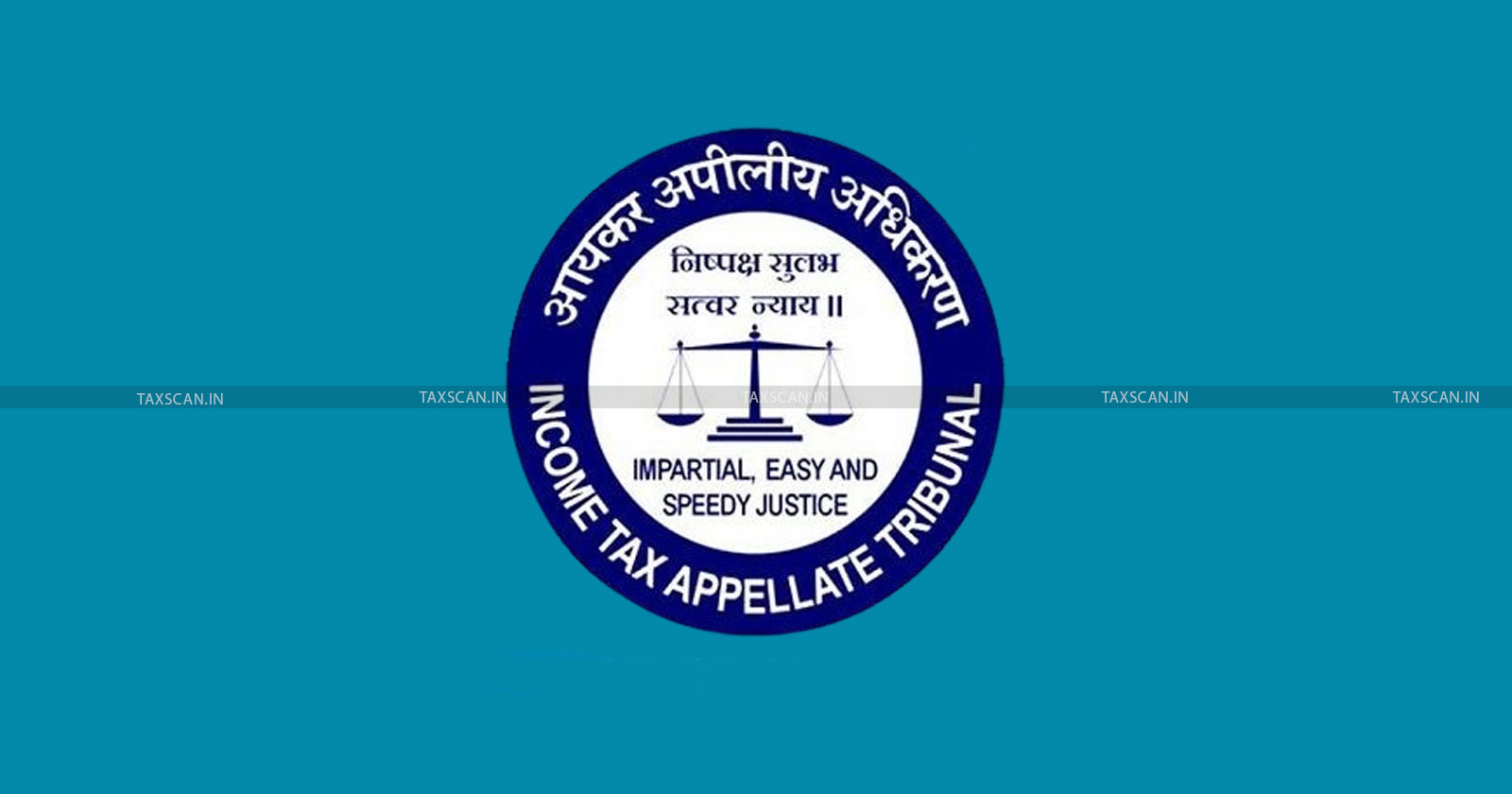Dividend Paid to IFC Exempt from Dividend Distribution Tax Under Overriding Immunity of IFC Act, 1958: ITAT [Read Order]
The Tribunal ruled that dividends paid to the International Finance Corporation (IFC) are exempt from Dividend Distribution Tax (DDT) under the overriding immunity granted by the International Finance Corporation Act, 1958
![Dividend Paid to IFC Exempt from Dividend Distribution Tax Under Overriding Immunity of IFC Act, 1958: ITAT [Read Order] Dividend Paid to IFC Exempt from Dividend Distribution Tax Under Overriding Immunity of IFC Act, 1958: ITAT [Read Order]](https://images.taxscan.in/h-upload/2025/06/19/2050593-dividend-paid-to-ifc-exempt-ifc-exempt-from-dividend-distribution-dividend-distribution-tax-taxscan.webp)
The Mumbai Bench of the Income Tax Appellate Tribunal (ITAT) ruled that dividends paid to the International Finance Corporation (IFC) are exempt from DividendDistribution Tax (DDT) under Section 115-O of the Income Tax Act, 1961, due to the overriding immunity provided by Section 9 of Article VI of the International Finance Corporation (Status, Immunities and Privileges) Act, 1958.
Polycab India Limited (assessee), a company engaged in manufacturing cables, wires, and electrical goods. The IFC, a World Bank Group entity and a shareholder in Polycab, held 15% equity in AY 2018-19, 9.50% in AY 2019-20, and 9.48% in AY 2020-21.
The assessee declared dividends and paid DDT at rates of 20.36% to 20.56%, including on dividends paid to IFC, amounting to Rs. 43,11,026 for AY 2018-19, Rs. 87,04,851 for AY 2019-20, and Rs. 2,03,11,319 for AY 2020-21.
 Also Read:CIT(A) Sustains Additions without Considering Virtual Hearing Request: ITAT Remands Matter for fresh Adjudication [Read Order]
Also Read:CIT(A) Sustains Additions without Considering Virtual Hearing Request: ITAT Remands Matter for fresh Adjudication [Read Order]
The assessee filed applications under Section 237 of the Income Tax Act for a refund of the DDT paid on dividends distributed to IFC, arguing that the IFC Act, 1958, grants immunity from all taxation on IFC’s assets, property, income, operations, and transactions.
The UAE Tax Law Is Evolving — Stay Ahead Before Clients Find Someone Who Already Is, Enroll Now
The Assessing Officer (AO) rejected the refund claims, stating that DDT is a tax on the company’s profits, not the shareholder’s income, and the tax status of shareholders, including IFC’s immunity, is irrelevant.
Aggrieved by the order of AO, the assessee filed an appeal before the Commissioner ofIncome Tax (Appeals) [CIT(A)]. The AO’s decision was upheld by the CIT(A). Aggrieved by the CIT(A)’s order, assessee appealed to the ITAT.
The assessee argued that the IFC Act, 1958, overrides the Income Tax Act, granting absolute immunity to IFC from all forms of taxation, including DDT on dividends. The assessee contended that dividends paid to IFC should be excluded from the DDT taxable base, as the immunity extends to transactions like equity investments.
The two-member bench, comprising Amit Shukla (Judicial Member) and Girish Agrawal (Accountant Member) observed the Special Bench ruling in Total Oil India Pvt. Ltd., which clarified that DDT under Section 115-O is an additional tax on the company’s profits at the time of dividend distribution, not a tax on the shareholder’s income.
The tribunal observed the overriding effect of the IFC Act, 1958, which grants IFC immunity from all taxation on its income and transactions, including dividends received from equity investments.
The tribunal further observed that other institutions, such as the Reserve Bank of India and the United Nations, enjoy similar tax exemptions under their respective statutes, and courts have upheld such immunities even without specific provisions in the Income Tax Act.
 Also Read:Slight Delay in Filing Form 67 Cannot Take Away DTAA Benefit: ITAT Grants Relief to Microsoft Employee for Salary Received in US [Read Order]
Also Read:Slight Delay in Filing Form 67 Cannot Take Away DTAA Benefit: ITAT Grants Relief to Microsoft Employee for Salary Received in US [Read Order]
The tribunal directed that the dividend amounts paid to IFC Rs. 241,76,446 for AY 2018-19, Rs. 4,23,48,462 for AY 2019-20, and Rs. 9,88,13,078 for AY 2020-21 be excluded from the DDT taxable base.
The appeals of the assessee were allowed.
Support our journalism by subscribing to Taxscan premium. Follow us on Telegram for quick updates


